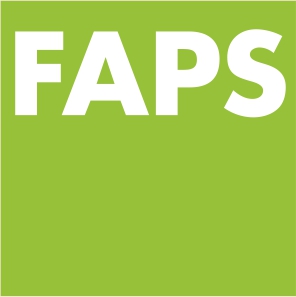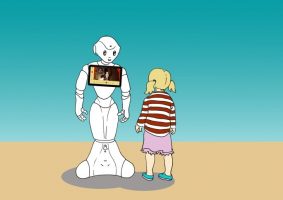Project description
The understanding and expression of socio-emotional signals, such as facial expression and voice modulation, is impaired in children with autism. While human interaction partners are difficult for them to assess, these children perceive robots as more predictable and less complex. They are also often technically interested and open-minded.
To develop the socio-emotional communication skills of autistic children, a new form of therapy using a robotic system is being developed and tested in the ERIK project. The robot “Pepper” records facial expressions and speech in the interaction with the child. By playing with the robot ball “Leka”, the pulse can also be determined via electrodes. “Pepper” interprets these signals and derives emotions in real time. Combined with the therapy app “Zircus Empathico”, emotional and social skills relevant to everyday life can be trained. The therapy scenarios can be individually adapted by recognising the child’s interest, frustration and boredom. By means of gestures and eye movements, “Pepper” can interact with children in a lifelike way, reducing anxiety when dealing with people.
The innovative therapy approach allows therapists to observe and evaluate interactions more precisely, as they are no longer part of the interaction themselves. Emotionally sensitive robotics can also interact with groups of children for the first time.


